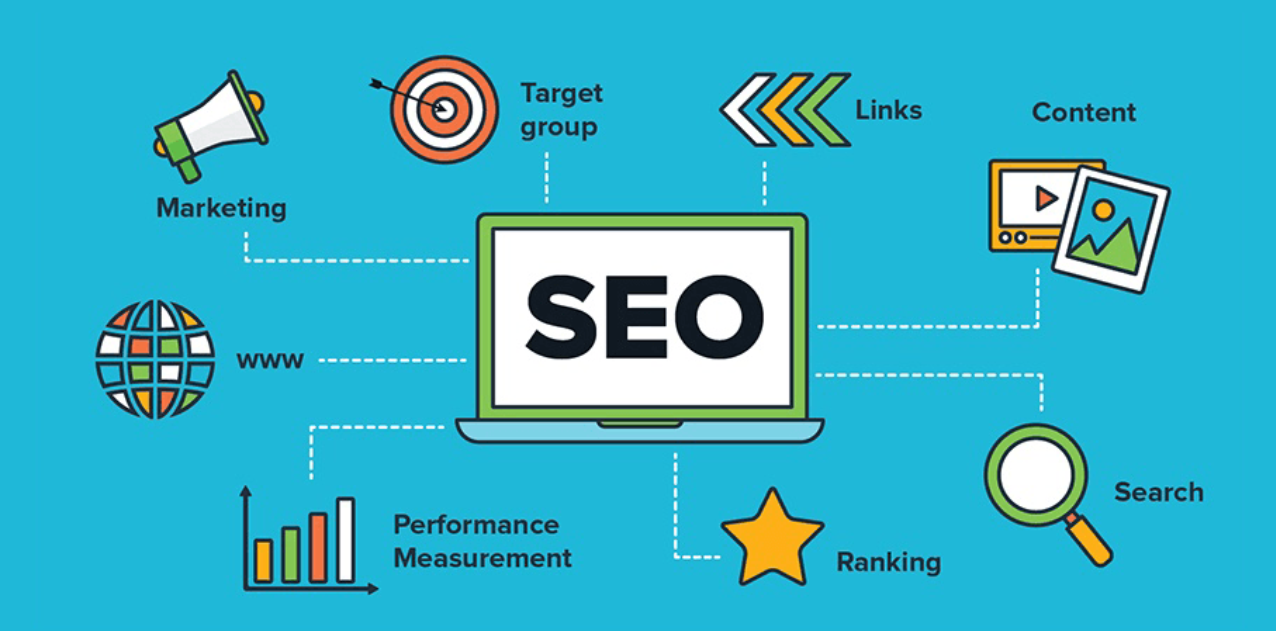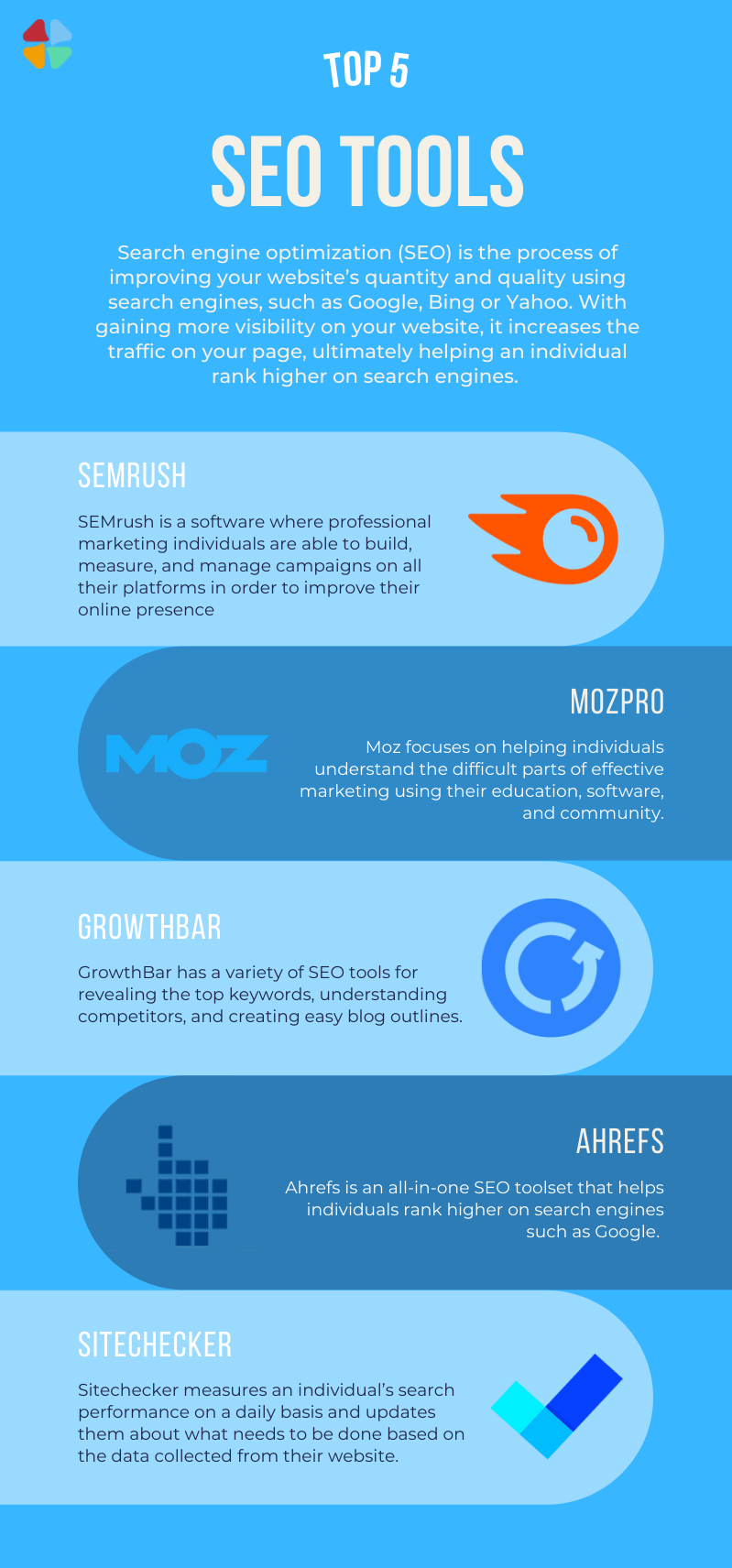Guide on the SEO for beginners.
Search Engine Optimization is growing now. Marketers and bloggers now know the value of optimizing search engines. SEO is about creating content that is easier to find through search engines. However, beginners are still are making their way out of it. It is a guide focusing on how Beginners can do simple SEO.
SEO is about having a laser focus, so it is about what term or phrase to focus on. It is about choosing a term that is broad enough for people to search for it, but narrow enough to give a chance to get ranked for it.
Here is a list of SEO basics of all the essential needs-to-know things for bloggers and beginners.
1) A Good Title
A good page title is the bread-and-butter. It should include the keywords as close as possible to the beginning of the title. Try to keep it down to a total of 66 characters so that search engines do not crop up.
2) Linking the article
Links are essential for a search engine to grow. There are ways to do this: link to other useful articles using keyword anchor text or keyword phrase. Get other people to link to the article, either by asking or writing great content — link to other articles that use anchor text on the site. Inbound links are the most important, but they are all helpful. Guest posting is an excellent strategy for building links.
3) Reference keywords
Choosing a keyword is one of the most challenging parts of SEO. It does tell about the article. A keyword is to included in few places. Subsequently, it has to be on The title page, headline URL. It is essential to mention keywords in the body of the article and metadata of the site. Mention keyword in the first paragraph in an article or blog. Starting with a question is a great way to do this without sounding like a robot.
4) Do not write too little
The perfect length of the article is about 300-500 words. Going over 500 is fine unless it means that the readers will not read it, which may increase the bounce rate, but less than 300 is not ideal.
5) Meta Description
It is the invisible stuff that the search engines see about the content that the readers do not see. Although this is not as important as the text on the site, it is a factor. Include keywords in the meta description as well as the title and description of the page. Some blog themes already do this, and if not, find one that does or uses a third-party app like a plugin to help SEO.
6) Make good use of images.
Rename the file name to include the keywords and include them in the image title, alt text, and description. Images can also help maintain the reader’s interest and can lead them to click on other content on the site as well.
7) Use different categories.
Intelligently name categories that focus on keywords that talks about the blogging topic. Moreover, please rename the title of the category “uncategorized” to something less lame. As a result, it creates more links to content on the site and allows search engines to see a link to keywords on the site.
8) Add the heading to the article.
It is a bit technical, but not as hard as it sounds. Moreover, the site theme has an option to add headings or subheads, and this is a built-in WordPress feature.
9) Get Social.
While the vote is about how many links from social networks like Facebook and Twitter affect SEO, it is a factor. The most important reason, however, is that shared content via social media attracts the attention of other website admin bloggers.







This Post Has 3 Comments
Like!! Thank you for publishing this awesome article.
It’s fantastic that you are getting ideas
from this article as well as from our argument made here.
Thanks! And thanks for sharing your great posts every week!
Comments are closed.